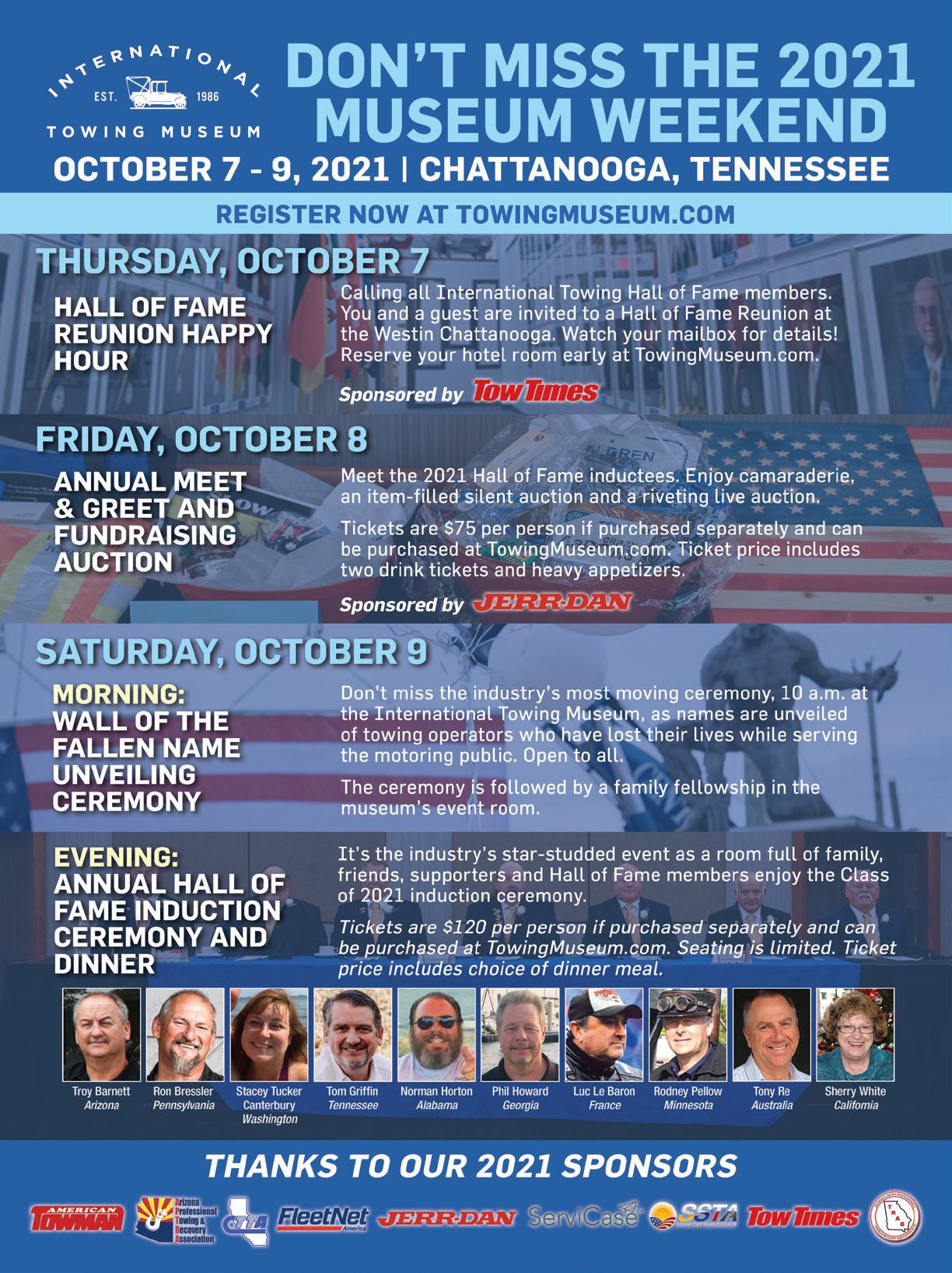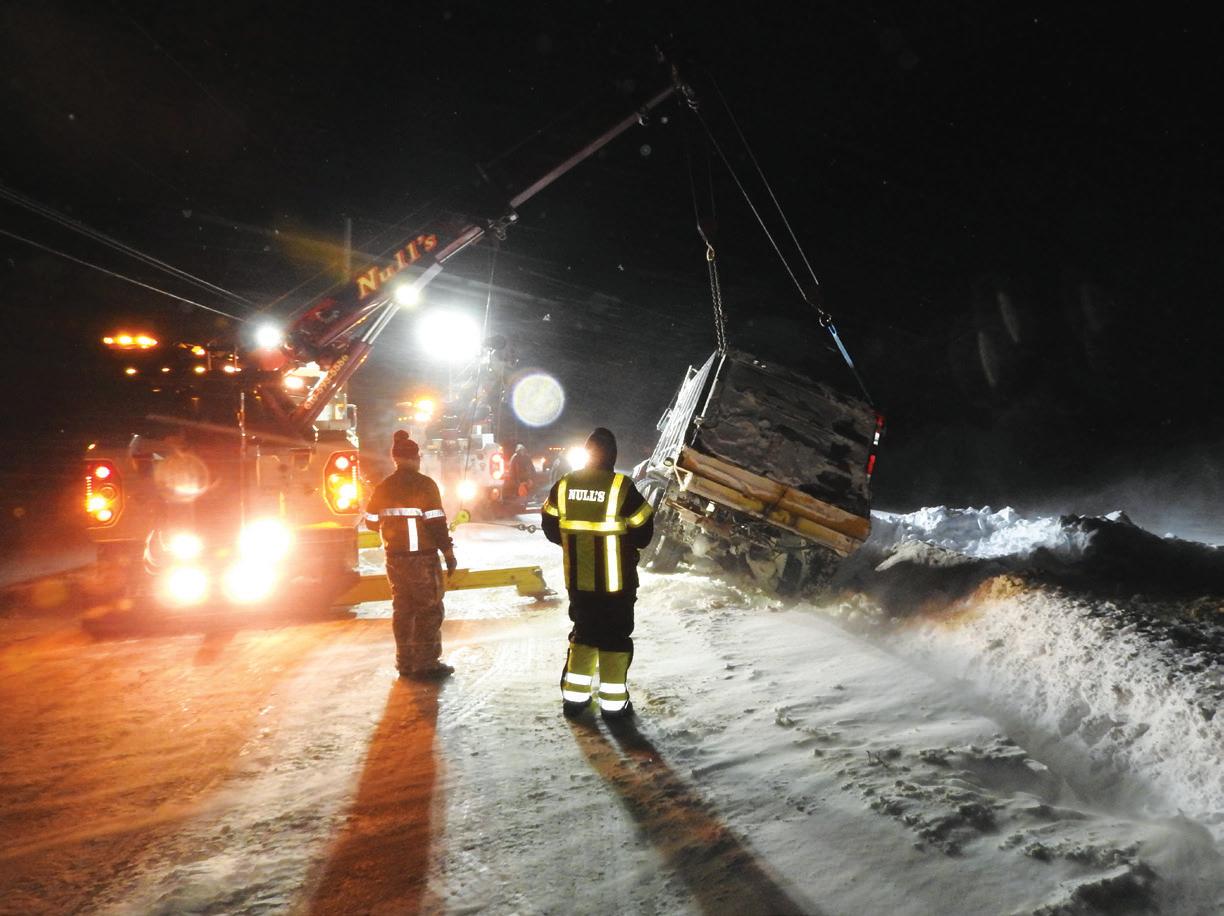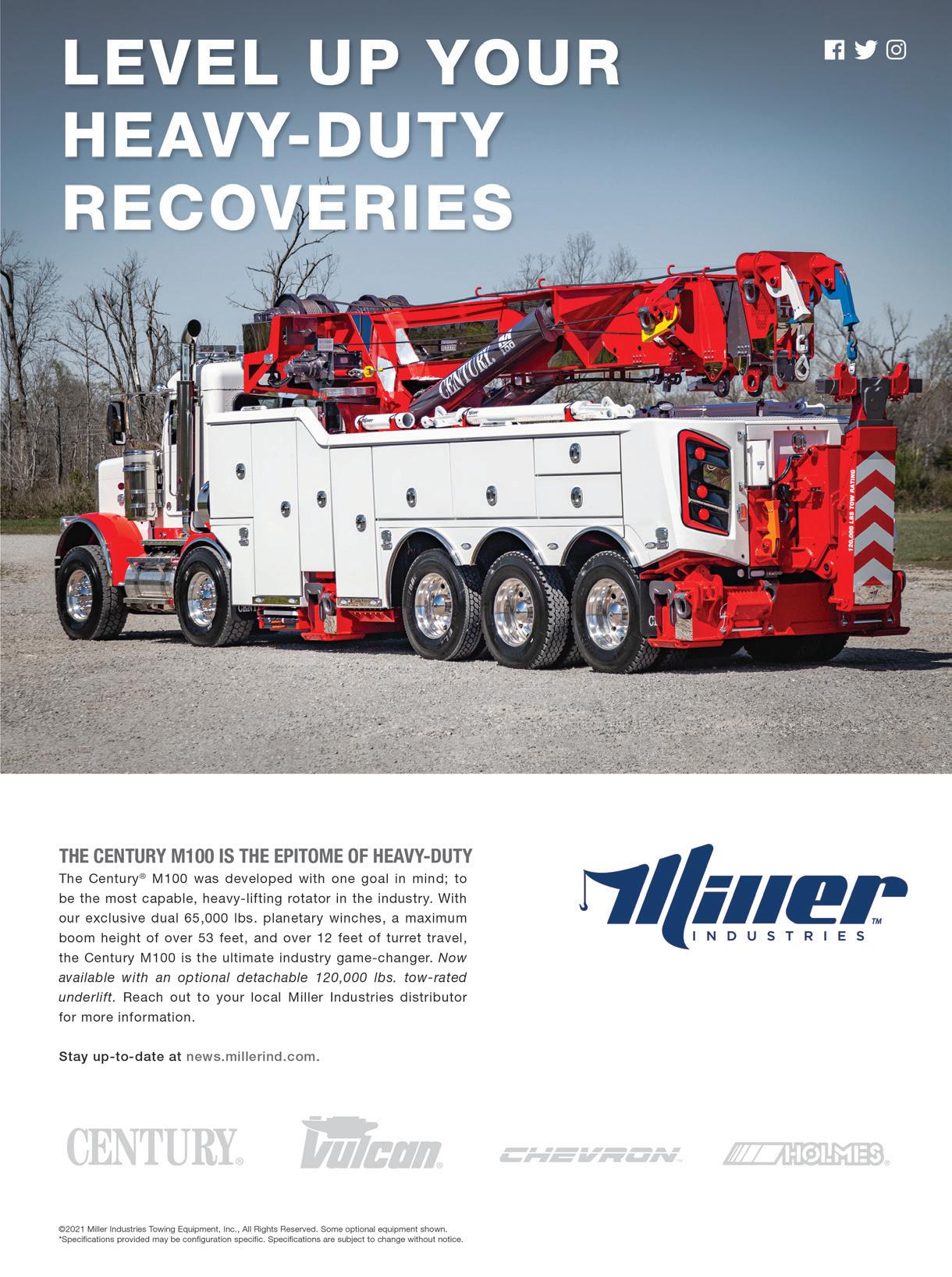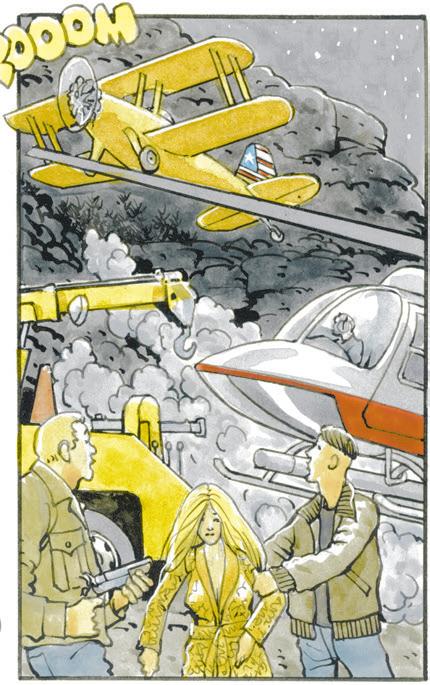
9 minute read
Tow Boss
Tow Boss The Professional Recovery Operator
By Justin Cruse
Justin Cruse is president of WreckMaster, the world’s leading towing and recovery training organization. Resilience is the word that comes to mind when I think about today’s recovery professionals. In this industry, you must be able to adapt and recover quickly from the challenges that come your way. Don’t forget that it is critical that you are able to back it up with the technical ability to get the job done.
Many veteran operators will tell you that towing is in their blood but if you dig a little deeper you will find that they have a strong work ethic and a desire to help others. I have also noticed their commitment to family; this could be a natural result of a generational industry, but I believe that this is a true reflection of their character. Our industry is made up of good people and in my opinion, they cherish their family because they constantly must leave them when they respond to the call.
The generation of operators that built this industry lived by that call; they took great pride in responding to that call, because they knew that they were making a difference. They shouldered this responsibility at all hours of the night and in all weather conditions. They did this knowing that their workday would not end at 5pm and usually, their obligations would extend well into the night.
We choose to refer to them as highway heroes because they set their needs aside to help the motoring public get back home to their family. They put themselves in harm’s way to ensure that our roadways are cleared as quickly, and as safely as possible. If only the public would judge them by the contributions and the sacrifices they make, rather than of the stereotype that we as an industry, are trying to break.
Changing the way the world looks at the towing industry has been an uphill battle but through our resiliency as an industry, we will one day make sure our highway heroes receive the appreciation and the respect that they so rightfully deserve.
THE DANGERS OF RECOVERY WORK
Ask any experienced operator to tell you about their favorite recovery job and you will see their eyes light up. The raw passion for recovery lives deep in the heart of today’s recovery professionals and woven throughout these stories you will uncover some important lessons.
There are countless dangers that recovery professionals must be aware of at the scene of an accident, especially when working on a busy highway. If you want to have a long career in this industry you must be mentally present and constantly assessing the dangers around you. This is why it is critically important to ensure you have the knowledge and competency to perform the task you are sent to do.
One of the most exciting and rewarding aspects about this career is the variety of situations that you will find yourself in. These situations will pose varying degrees of risk. Any given call can put you down a slope or even a cliff. You may find yourself in a river waist high in the current. The sun isn’t always shining. A storm may be swirling around you. Icy roads may make for treacherous footing. Look around, power lines may be down. You can find yourself stretched beneath a vehicle and trying to lay straps round a car perched in a precarious situation. The career, recovery professional will face countless dangers on the job.
The work always requires caution, because as you develop more experience is it easy to find yourself slipping into a habit. Therefore, the best advise that a veteran operator can provide to a new apprentice is never take on a job that exceeds your capabilities and always stay within ratings of your equipment. Most importantly, when working on a busy highway always be aware of your surroundings and keep your attention focused towards ◀
oncoming traffic.
These recovery professionals are a committed group of operators, but their qualities are also hard to find and even harder to attract to this industry. Therefore, if you consider yourself to be a recovery professional; I must ask you “What are you doing to attract individuals like you, to this industry?”
RECRUITING THE OPERATOR OF TOMORROW
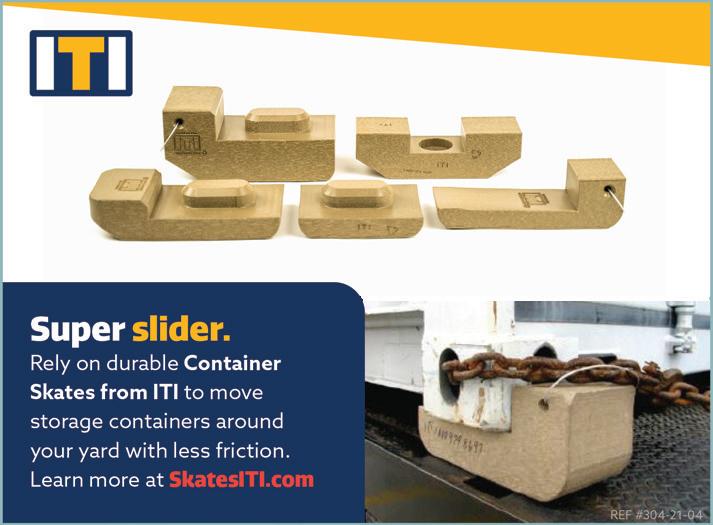
The industry-wide recruitment problem poses a significant risk to the future of the towing and recovery industry. Every day, towing company owners submit job postings with the hopes of attracting operators that are eager to learn and have strong work ethics. Historically, our industry was able to fill these positions but in today’s market it is becoming more and more difficult.
We could point the blame on the applicants considering a career change, but then we would not have any control over the outcome. Instead, if we own the problem, we are much more likely to contribute to the solution. The obvious way to attract higher caliber operators is to offer a more competitive wage. But we also need to provide ◀
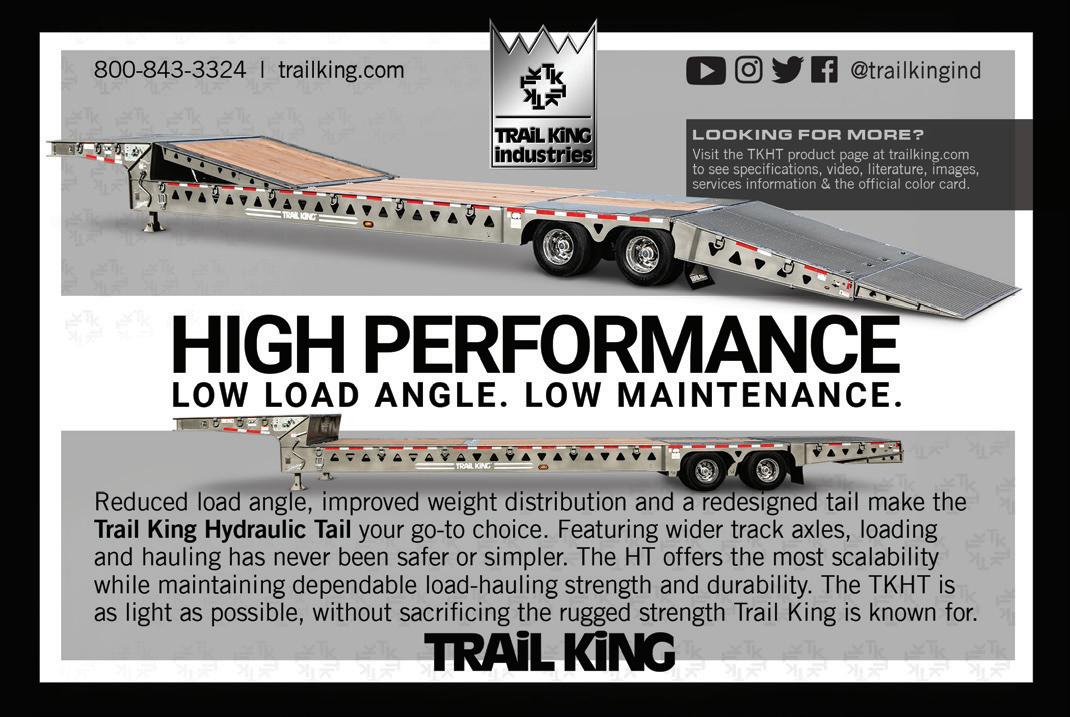
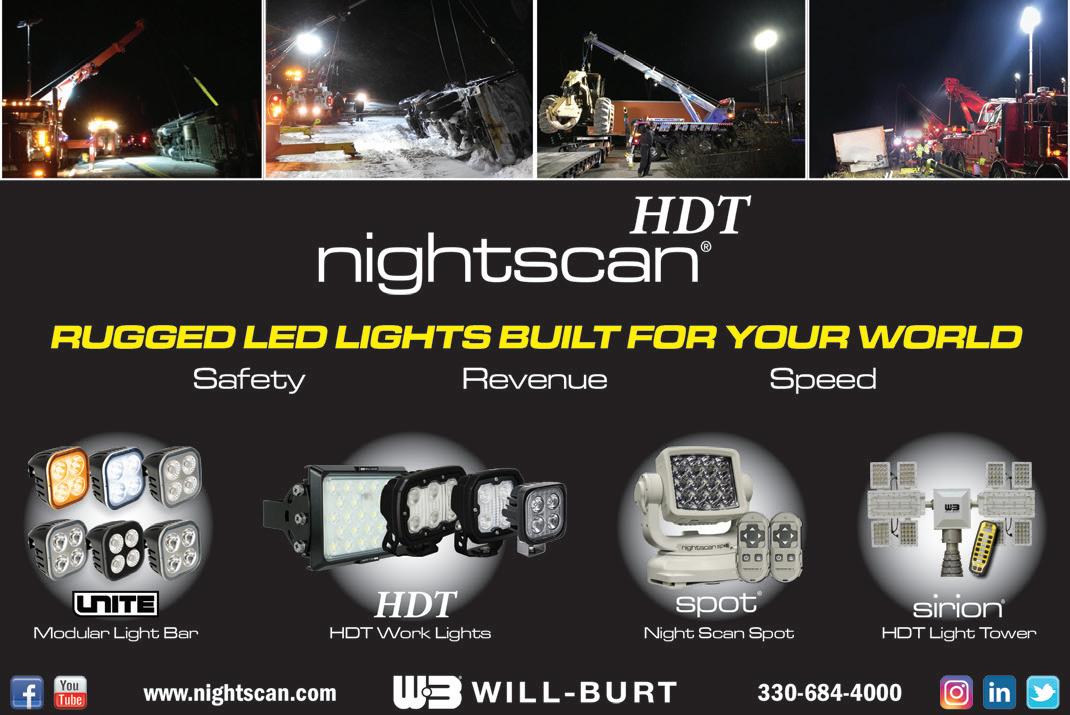

them with the tools they need to feel supported in their role and to ensure that they make it back home to their family at the end of their shift.
Imagine the day when our industry can promote towing and recovery as a career option for tomorrow’s trades people. Just think how we could promote working with the coolest equipment in the world, in all kinds of challenging environments. Only the hardest working and most resilient operators will be considered… Who’s in?
The first question from the crowd, “What is the pay like? – Well, it’s a combination of hourly and commission-based compensation so it depends on how hard you want to work.” The next question, “What are the hours like? – Well, you are typically on call, and expected to work some evenings, weekends and even holidays.” Lastly a hand at the back goes up, “Is it a dangerous job? – Unfortunately, yes, we lose 1 operator every 6 days as a result of on the job fatalities.”
If we want to change this narrative, we must protect our front-line workers; provide a better work life balance and increase compensation to attract the trades people of tomorrow.
Today’s young adults are ideal candidates for our industry, but we encounter a roadblock when attempting to add them to the corporate insurance policy. Most insurance carriers will require that new operators meet a minimum age and have a clean driving record with a minimum amount of experience. These young, hardworking and resilient operators could very well become the recovery professionals of tomorrow but how do they achieve the minimum amount of experience if we can’t hire them to establish this experience?
If we want our insurance partners to consider operators in this age category, then we must change the way we onboard these prospects. Just imagine if we could deliver a comprehensive inhouse training program that includes a documented apprenticeship period and is backed by the telematics that validates it is working?
We have been working with a proactive group of individuals that are gathering the data to support a program like this and we want to hear from the companies in this industry that are leading the way. If you are a company that is focused on the future of our industry, please email me at jcruse@wreckmaster.com to get involved.
The towing community has a promising future in incident management and regardless of the challenges we face today; if we stick together and help one another, there is nothing that we can’t accomplish.
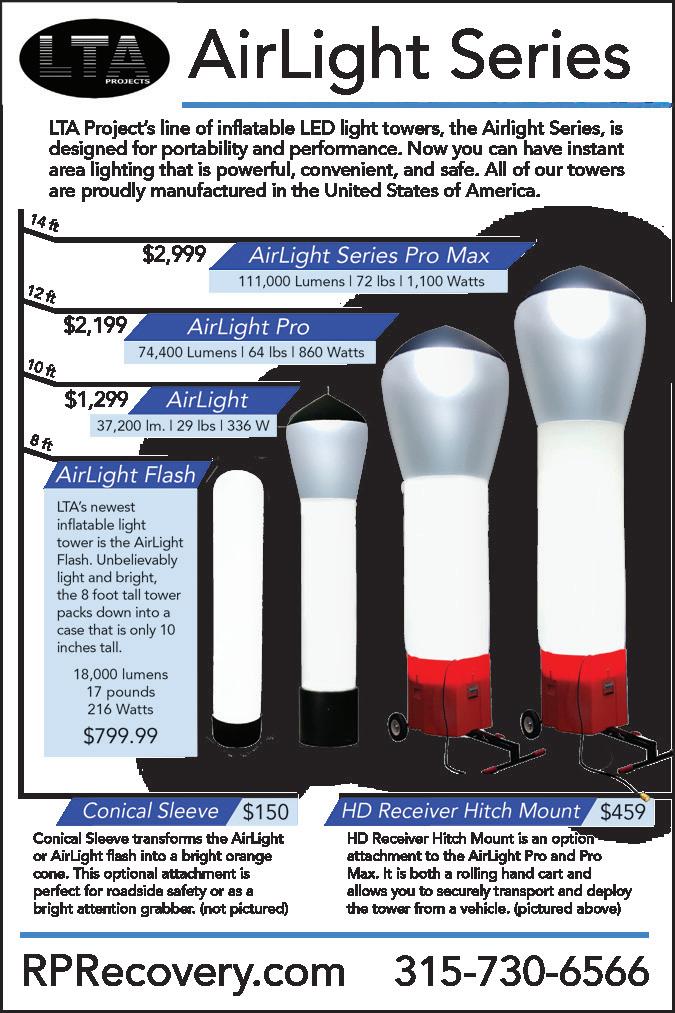


Frigid BLACK RIDGE Recovery
By Jim “Buck” Sorrenti
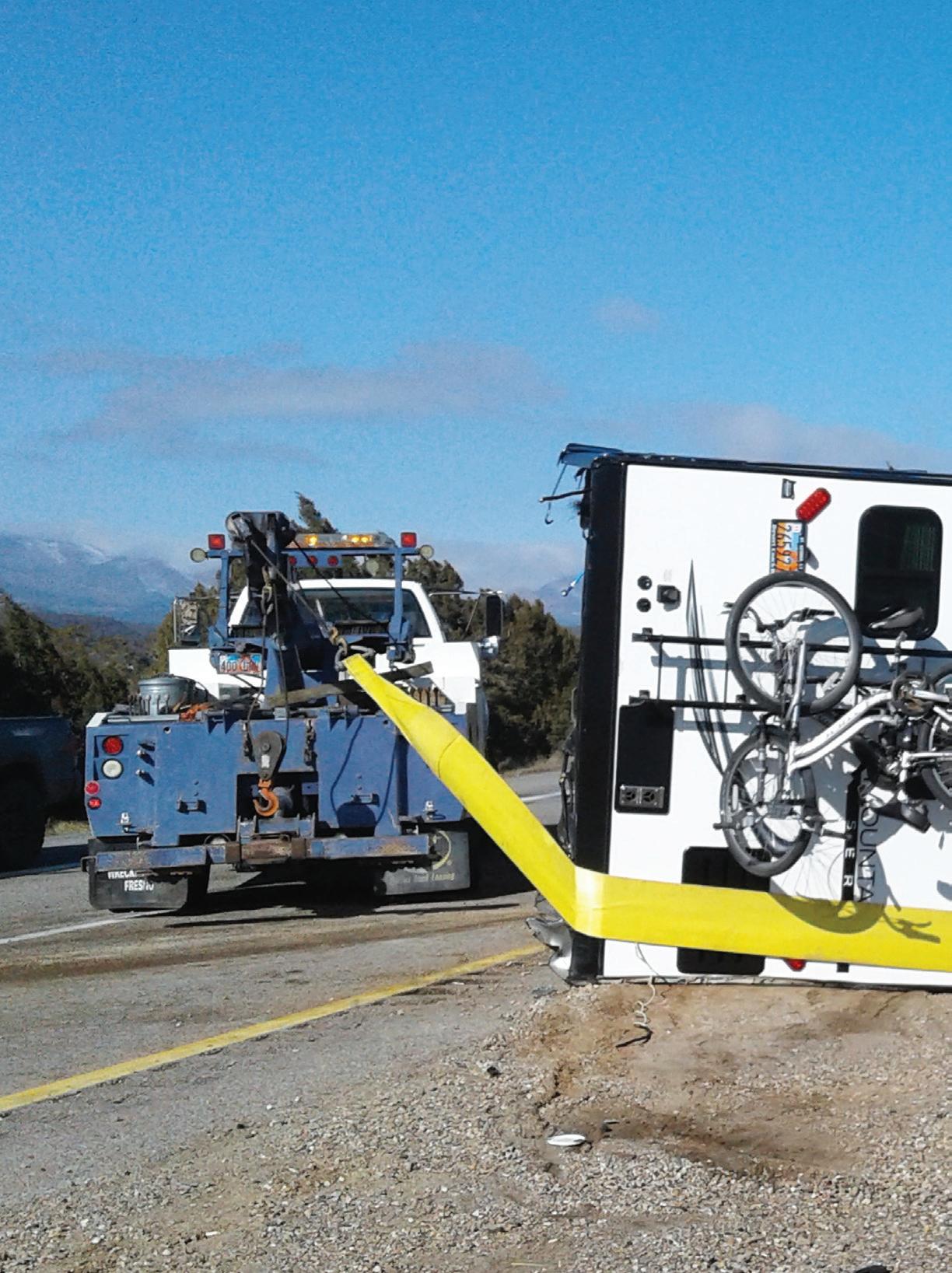
Jim “Buck” Sorrenti, a longtime editor of American Towman, has been our field editor for the past 10 years. He is a freelance writer and photographer with more than 40 years of experience covering motorcycle, hot rod, truck and towing culture. He writes weekly for TowIndustryWeek.com. Established in 1994, Mountain Towing & Recovery, based in Cedar City, Utah, is owned and operated by Wayne Hall. The company utilizes over 30 local independent repair facilities to deal with foreign or domestic vehicles, gas or diesel, auto, light truck, RV, or semi. They also have mobile gas and diesel repair, mobile tire service and Sunday service available to get motorists back on the road in Utah. They handle light, medium, and heavy towing, 4×4 off road recovery, and FAA licensed A&P aircraft recovery and also utilize owner/operator drivers to get any job done.
At 10:55 am on a Sunday morning in January, Mountain was called by the Utah Highway Patrol dispatch. Wayne informed, “We were told that a truck and trailer had rolled over blocking... They had no description as it was mile post 37 southbound 20 plus miles south of Cedar City.”
Wayne decided to muscle up, so he and his crew responded with two medium-duty 16-ton wreckers, a 1975 Chevrolet C-65 with Holmes 600 and 1995 GMC Topkick 7500 with Holmes 616 and a 1992 International 4800 factory 4x4 with an industrial 20,000-pound 24-foot roll back. Justin Mosher operated the 1975 Chevy, Jeff Rexrode operated the 1992 International and Wayne the Topkick.
When the Mountain crew arrived on scene they saw the silver Dodge pickup and RV trailer on their side blocking the road. They were told that a retired couple from Enoch, Utah, a town adjacent to Cedar City, had been driving the pickup when they lost control and rolled it and the RV trailer they were towing. The couple were taken by ambulance to Cedar City Hospital. ◀
The RV trailer off of the industrial rollback on the ground back at Mountains lot being rigged to upright.
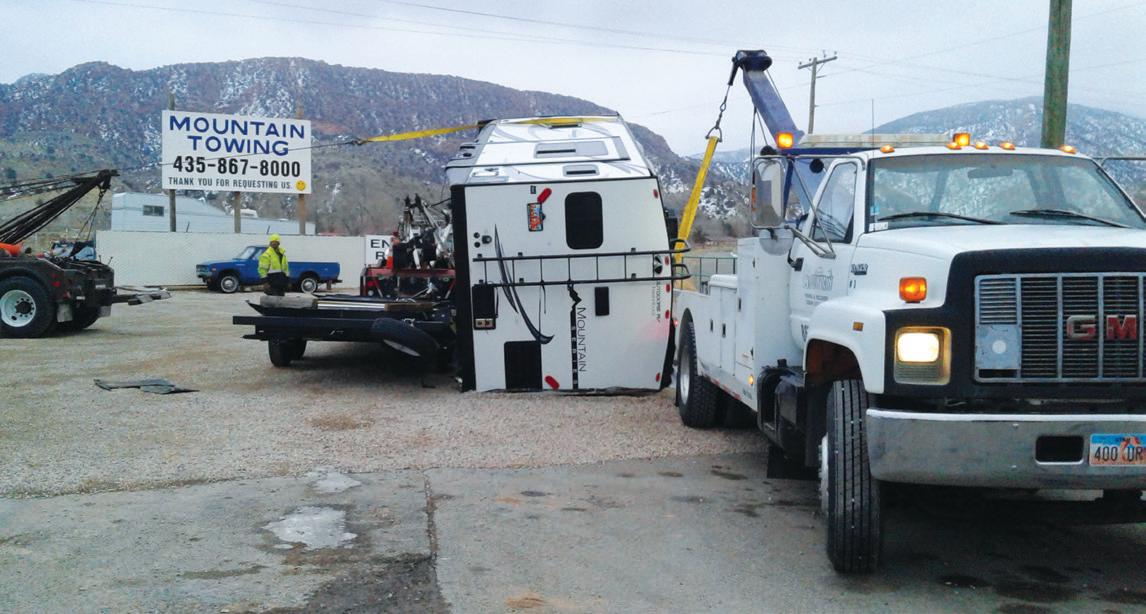

The RV trailer uprighted and on a razor trailer attached to the rear of the 1979 Chevrolet K-30 4×4 with a Holmes 500 twin boom wrecker and headed back to the accident scene. A razor trailer is a one-person ground-loading trailer.
separated from the rolling chassis/frame.
Wayne lead the crew with rigging and briskly clearing lanes in the frigid cold. First they rigged to the undercarriage of the pickup, winched it back over onto its wheels and towed it off the road. Then they uprighted the RV rolling chassis/frame and towed it off the road. Wayne said, “I utilized the sling shot technique to load the RV trailer, which had completely separated from the rolling chassis/frame.”
They wound up with a fourth truck on this job, a 1979 Chevrolet K-30 4×4 with a Holmes 500 twin boom wrecker. Wayne explained, “When Jeff Rexrode took our industrial rollback back to the yard with the trailer box, I had him jump in the 1979 Chevy and head back to the accident scene to tow the trailer frame with a razor trailer attached to the rear.”
Wayne stated, “It was nice to work with our Washington County crews on this Sunday morning wreck in the frigid cold of Black Ridge.”

